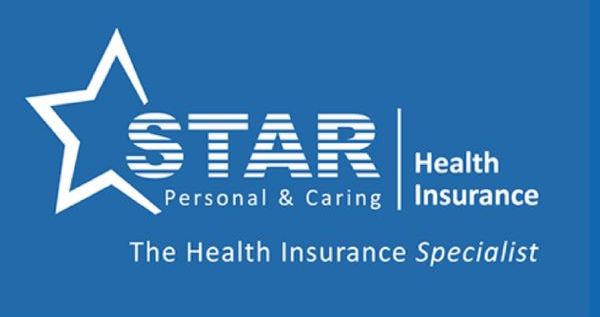Star Health and Allied Insurance, the largest standalone health insurer in the country, is advocating for a reduction in distribution costs, including commissions, to make health insurance more sustainable. According to CEO Anand Roy, the current cap on management expenses, which stands at 35%, should be gradually reduced by a percentage point every year. This, he believes, will help bring down the cost of insurance. Roy’s company is one of the few that operates within the expense of management (EOM) limits, and he emphasizes the need to reduce this cap over time.
Roy also suggested that the government should consider waiving Goods and Services Tax (GST) on health premiums for senior citizens and vulnerable groups. Furthermore, he called for greater regulation in healthcare delivery, which is currently largely unregulated compared to the insurance sector. This, he believes, will help control costs and make healthcare more affordable.
On the topic of medical inflation, Roy noted that while the commonly cited figure of 14% may not apply uniformly, it does reflect the broad trend in the insured population. He estimated that medical inflation is closer to 8-10% for his company, depending on the hospital. The rising costs, he attributed to the growing consumer preference for advanced treatments and high-end implants.
To keep premiums affordable, Roy suggested that moderate and regular hikes are inevitable, but discounts could be offered to customers who maintain good health. He recommended that ideally, 2-3% of a family’s income should go towards health insurance, with higher allocations for those covering parents or in-laws. Overall, Roy’s suggestions aim to make health insurance more sustainable and affordable for consumers, while also promoting greater regulation and control in the healthcare sector. By reducing distribution costs and introducing measures to control medical inflation, Star Health and Allied Insurance hopes to make health insurance more accessible and affordable for all.

